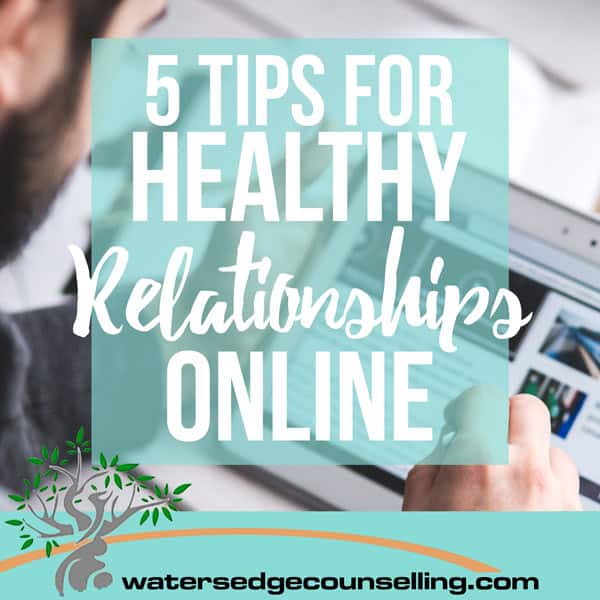
Social media and the Internet are great tools— we get our work done quicker when we use it, and are able to stay connected and have relationships with the people around us. That being said, the perks of online relationships can come with significant cons. We can lose our privacy, take honesty for granted, become passive-aggressive, and even lose out on ‘real’ relationships if we use the Internet the wrong way.
Here are five ways you can facilitate healthy relationships online.
-
Don’t overshare
A social media post is not the place to share your deepest, darkest fears. It is also not the place to seek self-gratification or talk about the miniscule details of your day. A good friend will be there for you to navigate the heavy parts of life, and to chat about the mundane, like what you had for dinner. Don’t share it with the world—it harms your privacy and can damage your real relationships.
-
Think before you post
Before you press send on that message, hit ‘like’ or publish a blog, think about the consequences of your post. How will people read them? Can they be taken out of context? Will you go on to regret this?
While you may have good intentions, things we do or don’t say online can have repercussions that we can’t always control. Think about the possible outcomes before you post, not just for your own wellbeing and that of your loved ones, but also how the general public and the media may perceive your words. Will it hurt other people, even unintentionally? If you’re not sure, save it as a draft and ask for a second opinion.
-
Prioritise face-to-face relationships
It’s not always possible to catch up with friends —this is one of the reasons social media is so useful. However, technology should never be a substitute for real contact. Make time to have a coffee with a loved one, and ask a person how the day is going, even if you just liked their latest Facebook post.
If you can’t physically see a friend, opt for private messages, emails, phone calls or video calls. There’s a real person on the other side of the screen who loves and cares for you—don’t do yourself the disservice of forgetting this.
-
Consider your motivation
Just as we can have unhealthy relationships in real life, we can also cultivate this online when we speak, post or even ‘like’ something for the wrong reasons. Are you looking for acceptance, gratification, or are you trying to ‘impress’ someone? Perhaps you’ve had a bad day and want to vent, or maybe you want someone to say sorry, so you call them out on social media.
When we facilitate our relationships online from an unhealthy place, we do more damage to ourselves than other people. Stop. Think. Don’t press send. Instead, go and have a real conversation with said person, or seek counselling.
-
Be selective
Just because the whole world is online, doesn’t mean you have to interact with everyone on it. Remember, a friend request is optional. You don’t have to respond to every message, like every picture or Tweet every day. Don’t let your online relationships steal away your precious time and wellbeing.
Get in the habit of assessing the pros and cons of your online relationships. If there are more cons than pros, perhaps it’s time to take a sabbatical from Facebook or shut down social media for a while. Remember, you are in control, and you have every right to be selective in who you interact with, and what, when and where you do this.
Do you struggle to maintain healthy relationships online? Would you like to strengthen your relationships with loved-ones? Here’s what you need to do: contact WatersedgeCounselling on 0434 337 245 for a FREE 10-minute phone consultation on how we can best help you, or press book now.
Leave a Reply